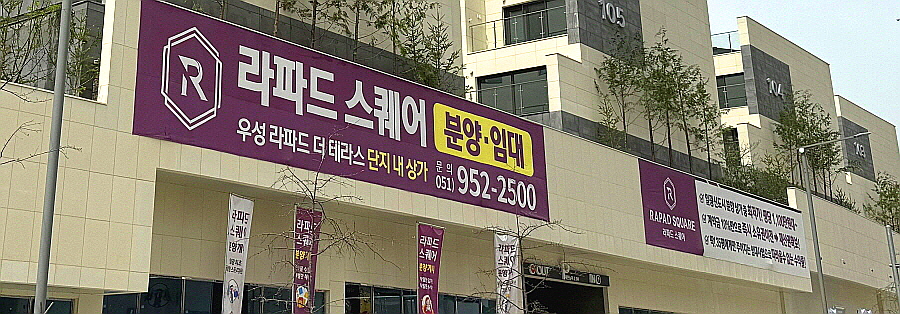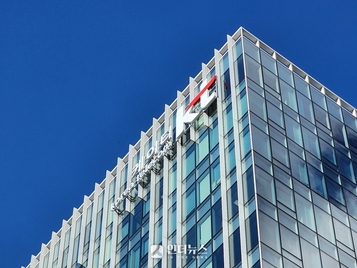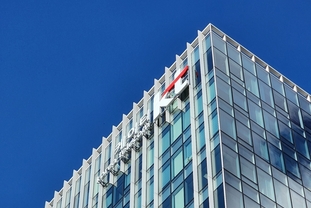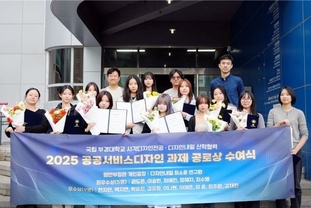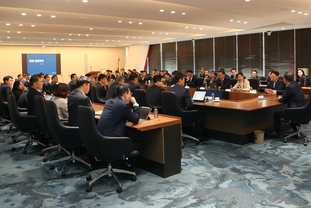
iN THE NEWS Reporter Eunsil YOO | The entire world has stopped. This includes South Korea, a society where speed is a virtue, and the speed of life was becoming even faster. The global economic system that was in an endless competition slammed on the brakes due to an obstacle called COVID-19.
The pandemic spread at lightning speed across continental bor-ders has stopped all human activity. Unrealistic scenarios are now restructuring the way we live our lives. The disaster movies that only appeared on the movie screens have become a reality for us and brilliant contactless technologies in sci-fi movies are now a part of our daily lives.
“#Alive”, “Peninsula”, “Pandemic” These are the titles of disaster movies released in Korean theaters this summer. Movies reflect our lives, and the title contains the theme of life. We can use the words in these titles to form the question, “How should we live on the Korean Peninsula in the age of pandemic?”
It is even more difficult to make ‘contactless activities’ common in popular culture where ‘communication’ and ‘meeting’ are crucial. The three multiplex companies in Korea suffered operating losses of at least KRW 240 billion in the first half of this year alone. The concert industry, which was already in a bad situation before the pandemic, recorded an unrecoverable loss of 87.7 billion won (announced by the Record Label Industry Association of Korea) as of early July.
Many are raising concerns regarding whether we can communicate and empathize with each other through movies, music, and dancing in a society where people need to maintain an appropriate distance.
Assistant Professor Ildong JOE from the Division of Global Korean Studies at the Academy of Korean Studies is the third speaker at the “2nd iNdividual Survival Strategy Forum 2020: How to Survive In The Post-Coronavirus Era?” that will be hosted by iN THE NEWS on September 2. I had the opportunity to talk with him about changes in the way we meet, communicate, and spaces in the COVID-19 era and the future of popular culture.
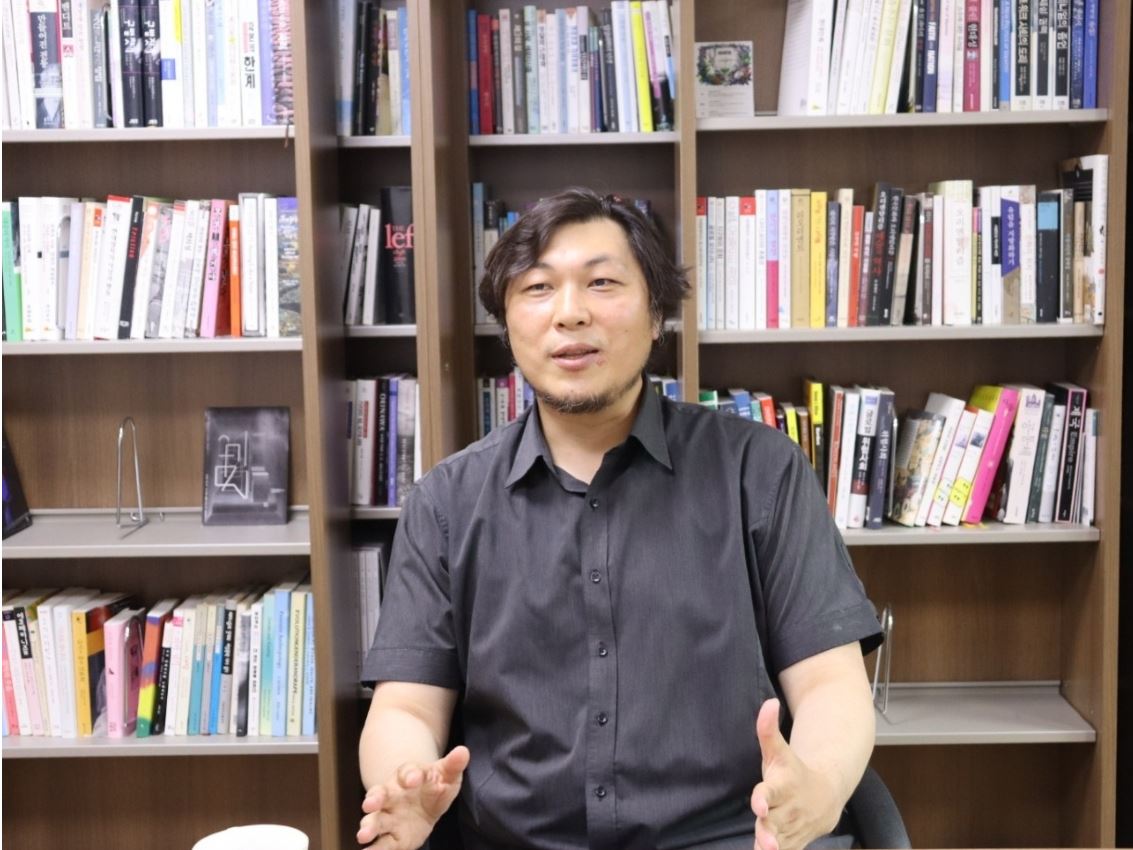
I’m sure you experienced significant changes as a result of the COVID-19 outbreak. How are you doing?
“Since I usually teach a small number of graduate students at a time rather than many undergraduates, I am used to teaching students face-to-face. I usually have about 6-7 students in a class, but now I teach over Zoom instead of in a classroom.
As I began to teach my students this way, I experienced some difficulties. It was difficult for me to figure out what they wanted to say and what they were thinking. The online environment definite-ly makes it difficult to share each other’s feelings compared to an offline environment. There are no issues with contactless classes when it comes to delivering accurate facts, but there are limits when we need to have debates or talk about things that don’t have an exact answer.”
Were there any positive changes?
“There are some things that are disappointing to me regarding contactless classes, but it could be an opportunity for some people. I had a student who gave birth right before the semester began, and she probably would have had to take a break from school if the classes took place offline. She was able to attend this semester through online classes, which has no physical or spatial limitations.
There was also a significant change for me as a researcher. I have been participating in two online forums since this semester, and I am running one of them with foreign scholars. Anthropologists from the United States, Japan, Czech, and other countries are running the forum with me, and at first, I doubted whether the forum could be managed well because the time difference between countries was so huge.
However, it didn’t turn out to be a big problem as I’ve expected since we were all willing to make sacrifices on what time to meet. It is actually great because we can talk comfortably and share each other’s knowledge. I am actually experiencing global ‘connectivity.’”
Everyone is quickly switching over to contactless methods across society and the economy due to the impact of COVID-19. How far do you think we’ve come?
“As we struggled with COVID-19, we’ve come to realize that we were already living a relatively contactless lifestyle even before this pandemic. The concept of “contactless” in Korea is different from that of “hikikomori” in Japan, which involves disconnection and withdrawal.
Korea with its ultra-high-speed internet is an “early adapters’ society”, so there are many people who are used to a contactless way of life. I looked for how many things I had that I bought offline, but there weren’t many. Lots of shopping malls, banks, etc. were already using contactless methods, although there may be differ-ences in the degree to which these contactless methods are used. I believe this is one of the main reasons why Korea suffered minimal damage from COVID-19 compared to other countries.
However, I do have a few concerns as the rate at which this switch to contactless methods speeds up. I’m worried that we’ll end up be-coming a society that is closed off from communication. When we talk to someone in person, we communicate based on context and we can make more free and enriched expression because words are volatile.
On the other hand, when we have conversations through text, context becomes less clear and there’s a high chance that our level of understanding regarding the other person will fall. Since text records last a long time, even simple errors are often unacceptable.
I think the frequency of conversations will decrease, and the self-censorship will be enhanced. Eventually, our society could turn into a “cliquey” society where we only interact with people we like. I’m concerned that we’ll become a society that keeps our mouth closed until we find someone who is perfectly congenial to me.”
Popular culture has also suffered greatly at the hands of COVID-19.
“In a popular culture society, people with the same taste gather and consume together. The most charming aspect of the performance is that you can feel like you are interacting with your favorite artists in the venue. As social distancing has become a part of our daily lives due to COVID-19, it has become very difficult for everyone to be ‘together.’ The damage was probably greater for indie musicians whose livelihood was based on communicating with the audience at concerts.
The same goes for movie theaters. In order for a multiplex theater to maintain its business, there must be at least 40 audiences per screen, but the problem isn’t about numbers right now. It’s about whether or not people can even go to the movies anymore. In Korea, everything from filming a movie to distribution and playing it in theaters is directly connected, so the industry suffers more in situations such as these.
The problem will become more serious next year. The film industry may be able to withstand the current situation with the movies that have been filmed earlier. However, the production of many films is currently suspended, so next year there are only a few films that can be shown in theaters.”
I heard that there was a surge in Netflix users across the globe as a result of the pandemic. What do you think about the growth of powerful content platforms such as Netflix?
“COVID-19 did indeed serve as a catalyst for increasing Netflix sub-scribers, but I’d like to focus more on the fact that we haven’t been able to see high-quality content so far. I believe the main factor of Netflix’s growth is that it opened up a space for various content.
Prior to Netflix, we didn’t have many opportunities to watch mov-ies, dramas, or documentaries in various genres created by various countries, but Netflix has made it possible.
Today, we can watch a Turkish drama or Indian movie in the com-fort of our homes and people living in Argentina now know who Kang Ha-neul is from watching ‘When the Camellia Blooms.’”
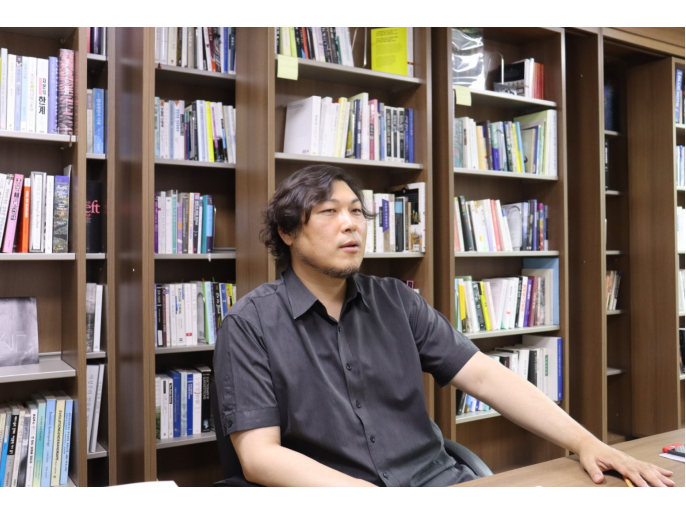
How will popular culture change in the post-COVID 19 era?
“The impression of space is important at an offline concert. The audience that is jumping up and down and cheering beside you and the satisfaction of being with your favorite musician fills up that space. The meaning of collective action significance is extremely important at a concert venue.
However, there are also physical limitations. If your seat is too far from the stage, you can’t see the artist’s facial expression or ges-tures and you can’t hear the music very well.
As concert spaces went online, people were able to experience a more pristine sound. They could also see the singer’s facial expres-sion or catch mistakes in the choreography easily. Musicians say that they are much more nervous when they have online concerts. As a result, the quality of performance is improving.
One other change that we can expect is that the era of ‘person-al preference’ will come. More people will find their music taste through streaming even if they don’t own a CD, and at the same time, a system that finds everyone’s ‘personal preference’ will be developed.
If we just look at iTunes, they have an algorithm that finds songs that you might like based on your song selection data. Preferences are bound to become more specific and specialized, and popular culture may become pluralized based on personal preferences rath-er than focusing on superstars.”
BTS,Exo,and other artists have successfully held concerts re-cently. Some people say that the polarization of popular culture will become even more serious due to COVID-19.
“The online concerts you mentioned that were organized by big entertainment companies are getting closer to VR with very high quality. Billie Eilish recently held an online concert using virtual technology. Upon entering the concert, viewers were faced with the option to experience it “solo” or enter “social mode.”
With the social mode, you can experience a high level of technol-ogy. The technology even allows you to interact with the person next to you. They created an online concert that allowed people to experience the feeling of being there with other people. Only major entertainment companies can do this.
However, I don’t think this is the core part of popular culture. The gap between the rich and poor may get bigger depending on whether online concerts can be held through technology and cap-ital, but there is doubt regarding how much longer superstars will remain in power. This is because I consider COVID 19 pandemic as a turning point.
During the IMF crisis in 1998, a K-pop singer Jo Sung-mo and a rock-band No Brain received the music video award together at one of the awards ceremonies. Jo Sung-mo’s music video can be seen as the start of blockbuster-level music videos as 150 million won was invested in the video, which was a lot in the 90s, with a star-studded cast that included Lee Byung-hun and Kim Ha-neul.
Compared to this monumental video, the rock-band No Brain received the same award for a music video filmed with a budget of 300,000. While Jo’s music video followed the conventional formula where more investments yield greater returns, No Brain went the exact opposite.
If it weren’t for the powerful external variable of a currency crisis, everyone’s attention would have been on the superstars as usual. Ironically, the currency crisis created a turning point in society and people’s personal preferences started becoming more specific and indie music started gaining popularity.
I think the current pandemic situation is similar to the crisis that occurred 20 years ago. This turning point and advancements on the internet will come together and indie genres will start to shine in the midst of popular culture for movies, music, etc. Beyond the scale of money and physical distance, this can be a great opportuni-ty for content creators such as musicians and movie producers who didn’t receive the spotlight. Of course, they must be able to offer a certain level of completion.”
Popular culture is another industrial field. We simply can’t over-look the economic aspects. Is it possible to predict the amount of economic loss we suffered as a result of COVID-19 and how much we will recover from those losses in the future?
“It’s difficult to estimate how much the popular culture industry has lost due to COVID-19, but it is clear that it has had an overwhelm-ing economic impact. It’s not as affected as the tourism industry that suffered the most, but those who work in the popular culture industry have been greatly impacted. The music festivals have always been the pivotal part of the music performance industry, but they’ve all been canceled or postponed. All the schedules of overseas musicians who planned to perform in Korea have also been canceled.”
How will the public consume culture from the perspective of consumers in the future?
“From a consumer point of view, people will be able to consume culture in a variety of ways to suit their specific preferences. For ex-ample, if you limit the number of people who can attend a concert due to social distancing at a venue, this translates to less profit. However, the audience may feel closer to the singers who are per-forming. This experience builds on your personal preferences and allows you to enjoy culture at a deeper level. I believe culture will move forward from the economy of scale to the economy of depth.”
Ildong JOE,Assistant Professor in the Division of Global Korean Studies at the Academy of Korean Studies
◇ Profile
Born in 1975
Bachelor’s degree in Cultural Anthropology at Hanyang University
Master’s degree in Cultural Anthropology at Hanyang University
Ph. D. in Philosophy at Hanyang University (Majored in Cultural Anthropology)
(Former) Researcher at the Academy of Korean Studies at Ewha Womans University
(Former) Academic research professor at the Institute of Trans-divi-sion and Border Studies at Shinhan University
(Present) Assistant Professor in the Division of Global Korean Stud-ies at the Academy of Korean Studies.
(Present) Selection Committee Member of the Korean Music Awards
(Present) Member of the Executive Committee of the Korea Interna-tional Ethnographic Film Festival


